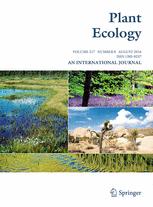Earlier this year, a group of lecturers in Malaysia received a WhatsApp message from a colleague who had made a disturbing discovery.
The colleague, who wished to remain anonymous for this story, was looking through Google Scholar and noticed their name, and many others from their department, repeatedly appeared alongside that of an unfamiliar author: Kumba Digdowiseiso, dean of the economics and business faculty at Universitas Nasional in Jakarta, Indonesia.
“We didn’t even know who this person was,” said Safwan Mohd Nor, an associate professor of finance at the university, Universiti Malaysia Terengganu, adding that he was “extremely angry” when he first found out his name had been used.
Continue reading The dean who came to visit – and added dozens of authors without their knowledge
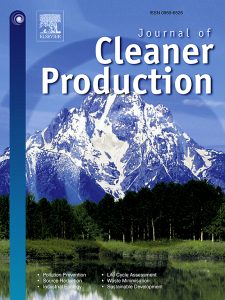

 A lab at the University of Malaya has lost two papers and will have to correct five more — just from one publisher — over poor lab practices.
A lab at the University of Malaya has lost two papers and will have to correct five more — just from one publisher — over poor lab practices. Readers who follow scientific publishing will know the term “citation stacking” — as a profile-boosting technique, we’ve seen
Readers who follow scientific publishing will know the term “citation stacking” — as a profile-boosting technique, we’ve seen 
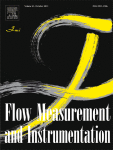 Yesterday we reported that
Yesterday we reported that 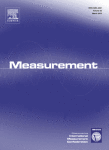 A computer scientist in Malaysia has lost two papers for faked peer reviews, and another for duplication. A fourth paper on which he is a co-author appears to have simply disappeared.
A computer scientist in Malaysia has lost two papers for faked peer reviews, and another for duplication. A fourth paper on which he is a co-author appears to have simply disappeared.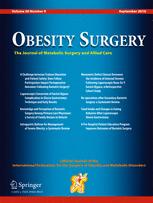 With retraction notices
With retraction notices 